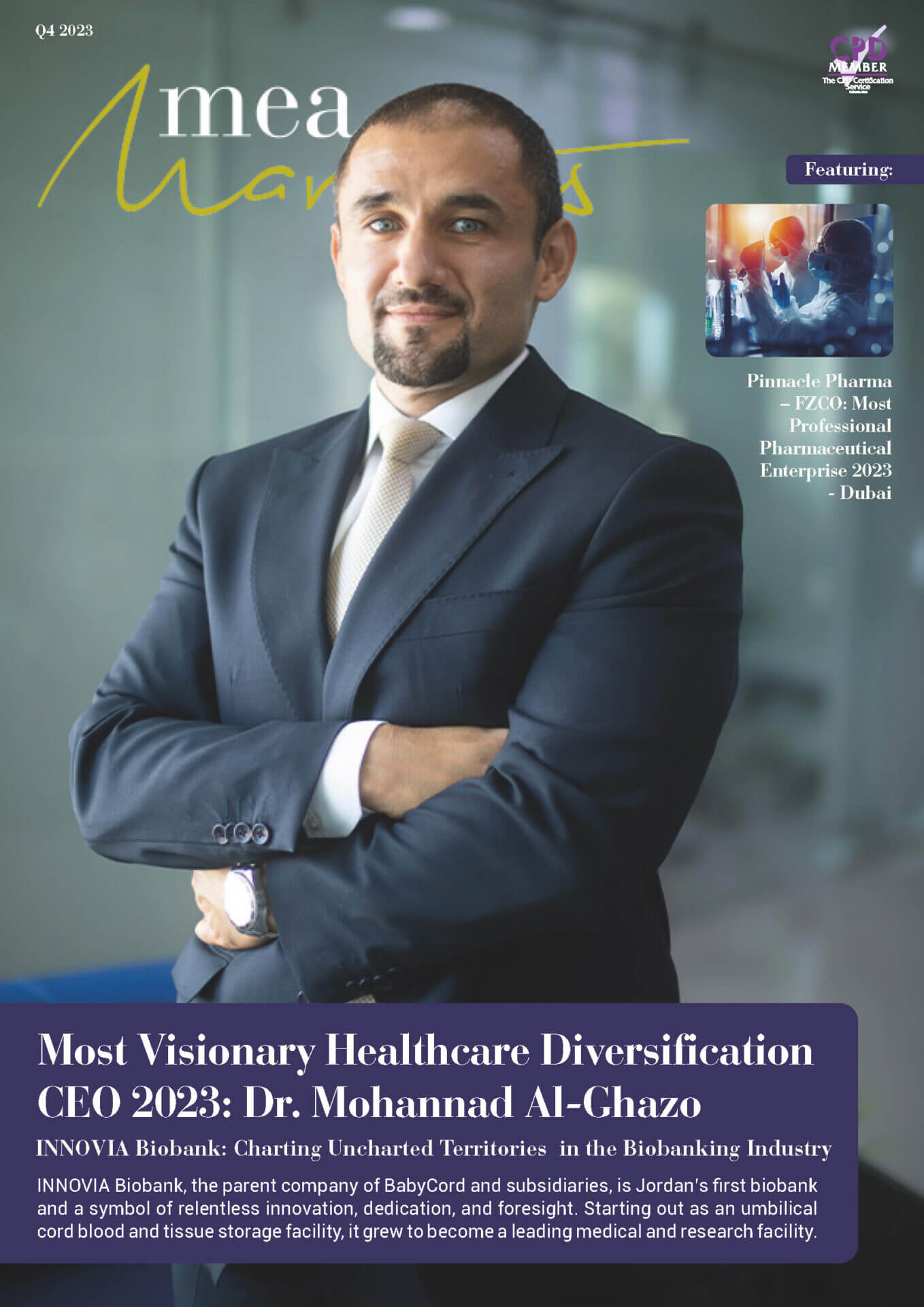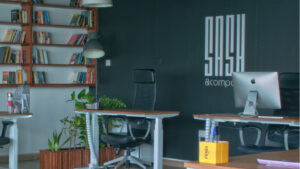Middle East CEO of the Year Awards
Introducing an essential new addition to MEA Market’s roster of awards, the inaugural Middle East CEO of the Year Awards 2023!
Visit our awards hereMEA Business Awards
MEA Markets is excited to announce that the prestigious MEA Business Awards will be returning to our platform once again in 2024! This ever-popular programme is now entering its eighth consecutive year, and with each iteration we strive to make the latest version even better than the last!
Visit our awards hereUAE Business Awards
MEA Markets is excited to announce that we are set to host the UAE Business Awards for an eighth consecutive year! The 2024 programme will look to recognise the top performing companies across the various key sectors that make up the UAE’s diverse and evolving industry market.
Visit our awards here





